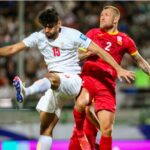Team Melli’s proposed mini-training camp has been canceled at the request of league coaches, according to head coach Amir Ghalenoei. Speaking briefly to reporters during the Persepolis vs. Havadar match, Ghalenoei expressed regret for not elaborating further, citing illness due to the flu. He assured the media that a comprehensive press conference would be held soon to provide updates on Team Melli’s preparations for the FIFA World Cup 2026 Qualifiers in March, where they are set to face the UAE and Uzbekistan.
In the meantime, Iranian football circles are abuzz with rumors surrounding a potential new addition to the national team—a 27-year-old Iranian-German striker, Yerai Eckert Ayensa, currently playing for the Belgian side Standard Liège. Reports suggest that Eckert is on the brink of receiving a call-up for Team Melli’s upcoming matches.
However, Eckert’s performance this season has raised questions about the merit of his potential inclusion. In 13 appearances for Standard Liège—12 starts and one substitute appearance—he has accumulated 1,060 minutes of playing time, registering just one goal against Charleroi and one assist against Saint-Truiden. Such modest statistics hardly make a compelling case for a national team selection, especially for a squad boasting one of the strongest attacking lineups in Asia, led by Sardar Azmoun and Mehdi Taremi.
Sayyadmanesh vs. Eckert: A Tale of Contrasting Performances
The speculation over Eckert’s call-up becomes even more puzzling when compared to the standout performances of Allahyar Sayyadmanesh, another Iranian player excelling in the same Belgian Pro League. The 22-year-old forward, who previously represented Team Melli, has been a consistent performer for Westerlo this season. By the 20th week of the league, Sayyadmanesh had featured in all 20 matches, contributing six goals and five assists—far surpassing Eckert’s output.
Despite his superior form and younger age, Sayyadmanesh appears to be overlooked by Ghalenoei, sparking debate about the rationale behind the rumored interest in Eckert. Both players are versatile, capable of playing as center forwards or wingers. However, at 27, Eckert is four years older than Sayyadmanesh, making the argument for youth and potential less convincing.
Transfer Value and Player Caliber
Another point of comparison is their market value. On Transfermarkt, Eckert is valued at €2.5 million, while Sayyadmanesh’s valuation stands at €4 million—a reflection of the latter’s higher standing in international football. While transfer value isn’t the sole determinant of a player’s worth to the national team, it offers an indicator of their performance and potential.
Given these considerations, the idea of inviting Eckert—whose current form is far from ideal—over Sayyadmanesh raises eyebrows. If there is no place for a proven, younger talent in Team Melli’s camp, what justifies the attention toward a player with less impressive statistics?
As Team Melli gears up for crucial World Cup qualifiers, such decisions will inevitably come under scrutiny. Fans and analysts alike will await Amir Ghalenoei’s forthcoming press conference for clarity on the direction and priorities of the national team.


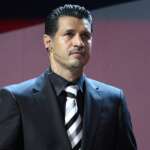
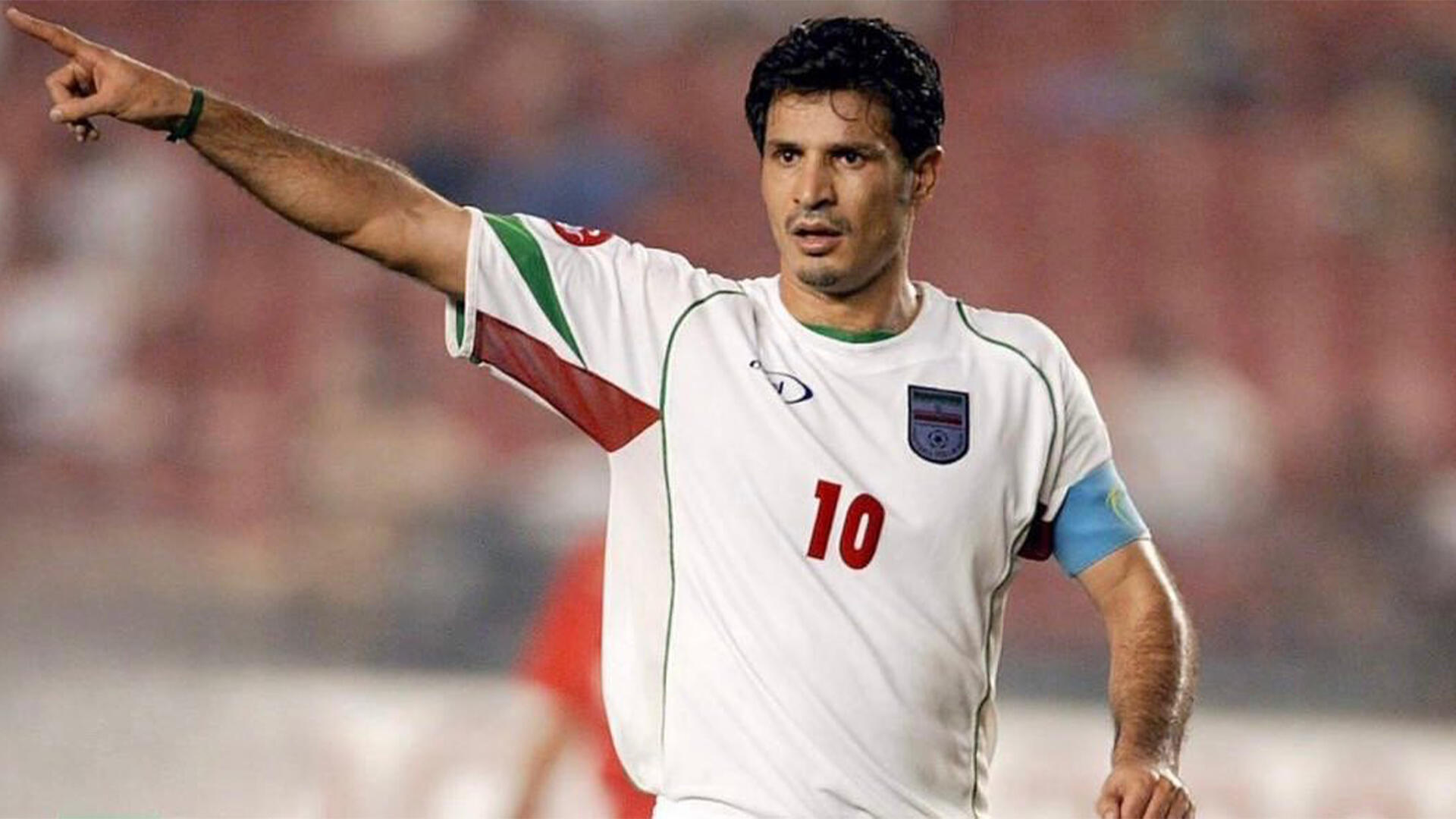
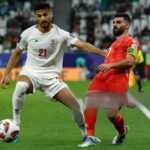
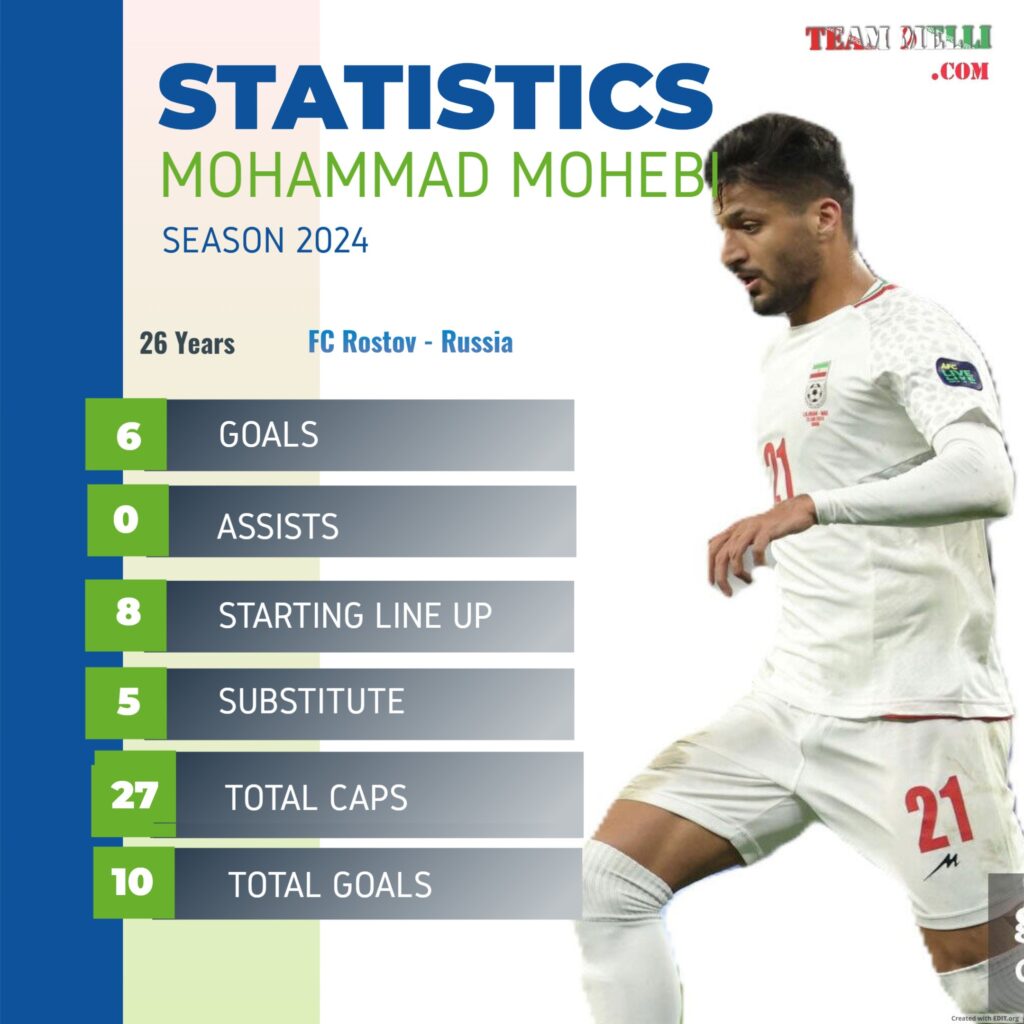
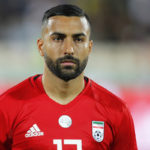
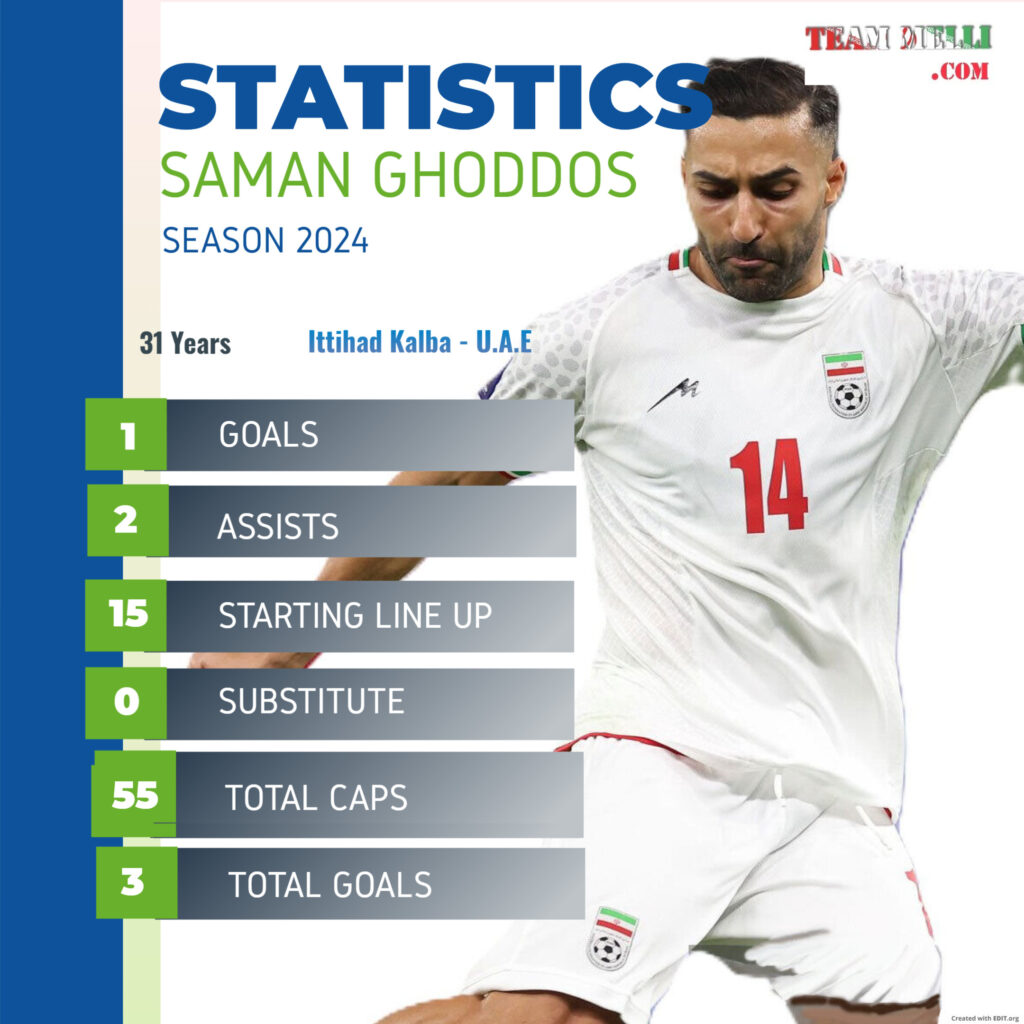
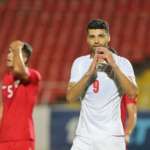
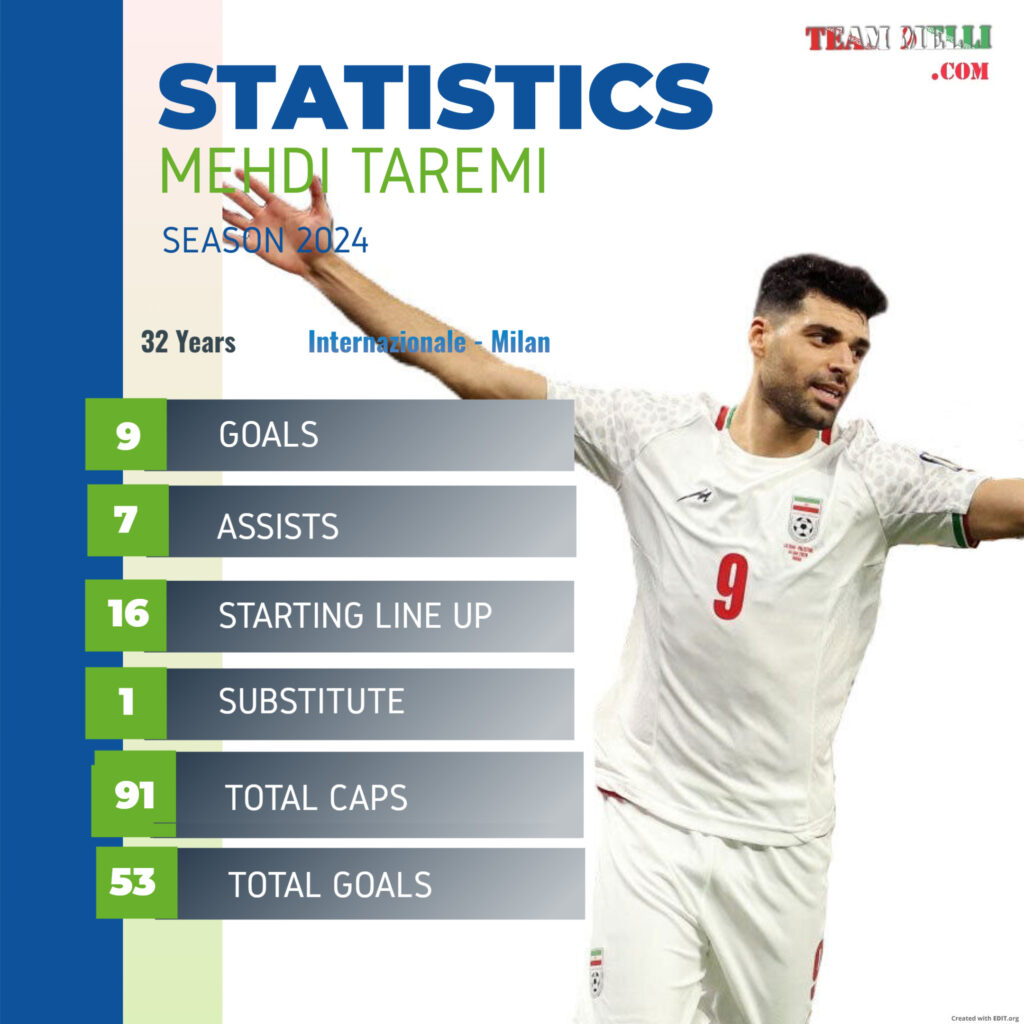
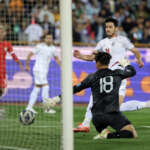
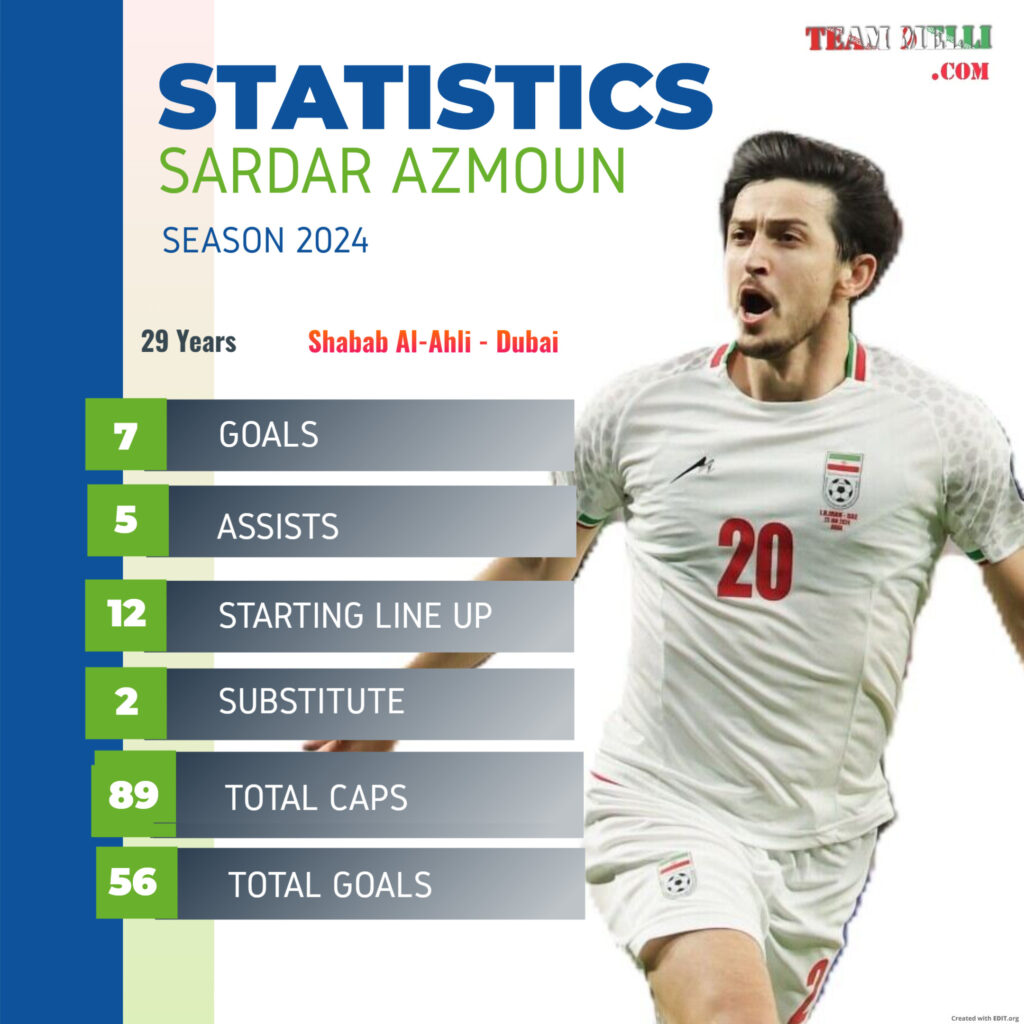

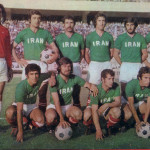
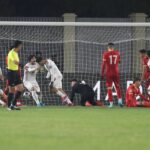
.jpg?d=1100x0)
.jpg?d=1100x0)
.jpg?d=1100x0)
